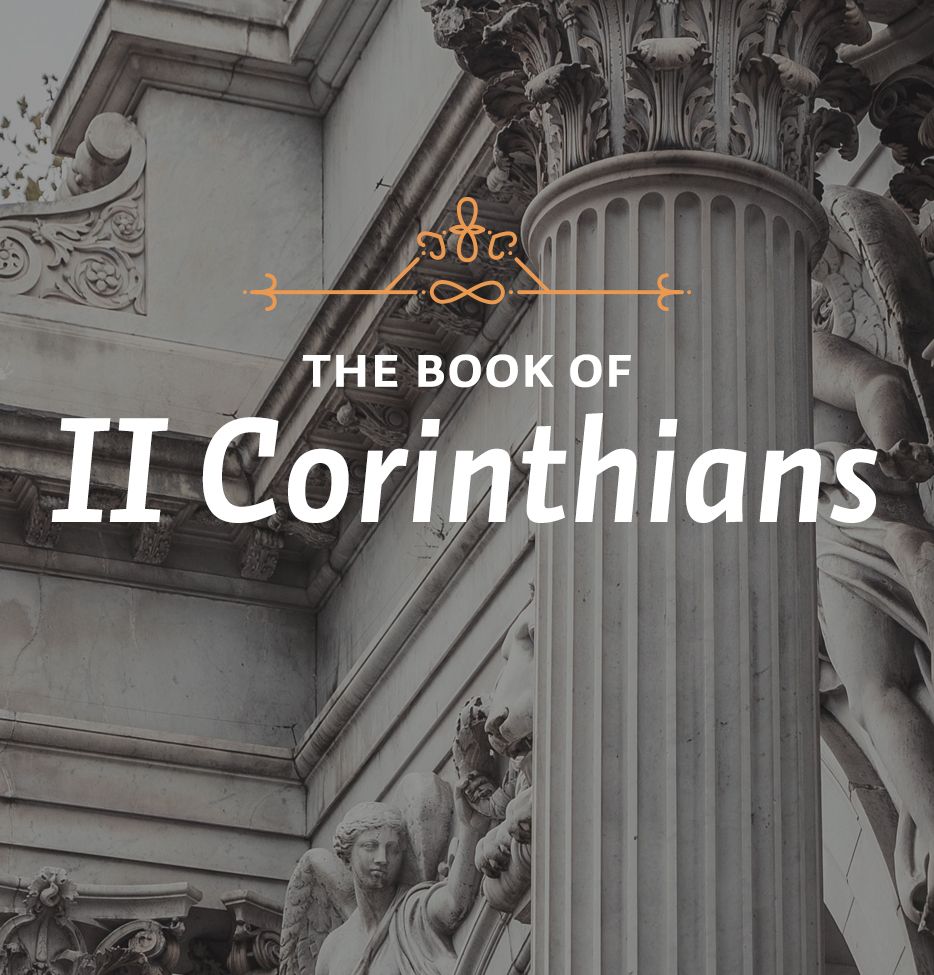Commended in Every Way2 Corinthians 6:3-13Theme: Commending the Gospel.This week’s lessons teach us how to endure in all circumstances.
LessonThe bulk of this passage in 2 Corinthians deals with how Paul conducted himself in the situations into which his ministry brought him. In chapter 6, verse 4, Paul begins to list what he has experienced during his ministry.
Paul’s list contains thirty-seven items; the last fourteen are in seven pairs. Paul begins by commending himself in the work of ministry. A key term there is endurance.
Next on the list you will find nine situations that are in groups of three. He is going to endure in troubles, hardships, and distresses; in beatings, imprisonments, and riots; and in hard work, sleepless nights, and hunger.
Then Paul details how he commended himself in his character. In verse 6 we find, “In purity, understanding, patience, and kindness, in the Holy Spirit and in sincere love.” In verse 7 we find: “…in truthful speech, and in the power of God; with weapons of righteousness in the right hand and in the left.”
Then we find a third section, beginning with verse 8, where Paul discusses how he was received. This third section has two parts. In the first, Paul wrote, “through glory and dishonor, bad report and good report.” Those go together. The second part of this section covers the contrast between what people thought of him, versus the things that really mattered. Paul continues, “genuine, yet regarded as imposters; known, yet regarded as unknown; dying, and yet we live on; beaten, and yet not killed; sorrowful, yet always rejoicing; poor, yet making many rich; having nothing, and yet possessing everything” (vv. 8-10). There are four categories there, and we will look at Paul’s words in terms of those categories.
In the first category, we find the key term endurance. The reason he uses that word is that the work of ministry is hard. All Christian work is hard. When one sets out to faithfully teach the Word of God there is no room for laziness.
There are many ministries that are particularly difficult. Sometimes things go well. We say it is a time of revival or reformation, and that is good. Those times are difficult, too, but those are difficult times in the midst of joy. Yet there are people who are called to go to difficult places with the Gospel and bear a witness in the midst of the very kind of difficulties the Apostle Paul talks about here.
Paul talks about trouble, hardships, and distresses. Those are general terms, and he means it is not always easy. There are financial problems. There are problems that come because of a negative reaction to the Gospel that is preached. Paul mentions beatings, imprisonments, and riots. The Apostle Paul certainly knew about that firsthand. He says later on in this same letter that he had received beatings of thirty-nine stripes at least five times in his life. That is a serious thing. People sometimes would die under that kind of a beating.
We do not know how many times Paul was imprisoned, but there were several occasions. We also know of at least nine riots that were caused by the Apostle Paul’s preaching. Virtually everywhere he went he stirred up opposition.
Then he talks specifically of the hard work, the sleepless nights, and the hunger. How did Paul commend himself in that kind of circumstance? It would have been easy for Paul to complain along the way. Yet Paul did not do that.
An example of Paul’s conduct is found in the sixteenth chapter of Acts. There we find that Paul crossed over into Europe and preached at Philippi, which led to a riot. Paul and his companion, Silas, were arrested. Then they were beaten and taken to prison. The jailer was to keep a close eye on Paul and Silas because if they got away, the jailer would lose his life. That was Roman law. But in spite of the circumstances, Paul and Silas were singing and praising God, grateful that he counted them worthy to suffer for him.
The jailer was listening to all of this. When God intervened, as he did that night to set Paul and Silas free, the jailer fell on his knees and said, “Sirs, what must I do to be saved?” When was the last time someone fell down before you and said, “Sir, [or Madam,] what must I do to be saved?” Maybe we do not get asked that question often because we really have not endured what the Apostle Paul endured. Or, maybe when we do endure bad things, we do not conduct ourselves as he did.
Study Questions
Name nine situations that Paul endured in his ministry.
List the ways in which Paul commended himself as to his character.
How did Paul’s conduct in hardship commend him in his ministry?
Further StudyRead Acts 16:16-40. What was Paul’s attitude throughout this ordeal? What effect did his attitude have on other people?






